
12 Foods That Boost Brain Function - The foods we eat may have a significant impact on the structure and health of our brains. Eating a diet rich in antioxidants supports short- and long-term brain function.
The brain is a heavy energy device, uses about 20% of the body's calories, so it needs a lot of good sources to maintain focus throughout the day. The brain also needs some nutrients to stay healthy. For example, omega-3 fatty acids help build and repair brain cells. Antioxidants also reduce cellular stress and inflammation, which are associated with brain aging and degenerative neurodegenerative diseases, such as Alzheimer's disease. This article explores scientific evidence behind 12 of the best foods for the brain.
1. Oily fish:
Oily fish are a good source of omega-3 fatty acids. These acids help build membranes of all cells in the body, including brain cells. Therefore, it can improve the structure of brain cells called nerve cells. The 2017 study found that blood flow was increasing in the brains of people with high levels of omega-3. The researchers also found a relationship between omega-3 levels and better thinking abilities and perception. These findings suggest that eating foods rich in omega-3 fatty acids may support brain function. Types of oily fish containing high levels of Omega-3 include:
● Salmon.
● Salmon.
● Sea mackerel fish.
● Tuna.
● Salted Fish (FISHIC).
● Sardines.
People can also get Omega 3 from soybeans, nuts, flaxseeds and other seeds.
2. Black Chocolate:
Black chocolate contains cocoa, which in turn contains flavonoids - a type of antioxidant. Antioxidants are especially important for brain health. The brain is highly susceptible to oxidative stress, contributing to age-related cognitive decline and brain disease. Cocoa flavonoids look good for the brain. They stimulate nerve cells and blood vessel growth in brain parts that share memory and learning, and stimulate blood flow in the brain, according to a report in 2013. Some research also suggests that the flavonoids found in chocolate Memory at the snail, but scientists have not tested this diet on humans yet.
However, a study in 2018 on humans supports the effects of black chocolate, which also strengthens the brain. The researchers used imaging methods to study participants' brain activity after eating chocolate containing 70% cocoa. They concluded that eating this type of dark chocolate may improve plasticity in the brain - which is essential for learning, and it provides other benefits to the brain.
3. Mulberry:
The berries - like black chocolate - contain flavonoids (antioxidants), which makes berries good food for the brain, research suggests. Antioxidants help reduce inflammation and oxidation. Antioxidants include: anthocyanin, caffeic acid, catechin and quercetin. It was reported in 2014 that antioxidant compounds in berries have many positive effects on the brain, including:
• Improve communication between brain cells.
● Reduce inflammation throughout the body.
● Increased plasticity, which helps brain cells to form new connections, enhance learning and memory.
● In addition to reducing or delaying degenerative neurodegenerative diseases associated with age and cognitive decline .. The types of berries rich in antioxidants that may promote brain health:
● Strawberry.
● Blackberries.
● Blue berries.
● (black currants).
● Purple berries.
4. Nuts and seeds:
Eating nuts and seeds may be beneficial to the brain, as these foods contain omega-3 fatty acids and antioxidants. The 2014 study found that nuts were generally associated with improved brain function in older ages. Nuts and seeds are also rich sources of antioxidant vitamin E, which protects cells from oxidative stress caused by free radicals. As a person ages, his brain may be exposed to this type of oxidative stress, so vitamin E may support brain health in older ages. A study in 2014 found that vitamin E may also contribute to improving cognition and reducing the risk of developing Alzheimer's disease. Types of nuts and seeds that contain the highest percentage of vitamin E:
● Sunflower seeds.
● Almonds.
● Hazelnut.
We need further research to explore all the effects of vitamin E on the brain.
5. Whole grains:
Taking whole grains is another way to take advantage of the effects of vitamin E, which is a good source of this vitamin. Foods containing whole grains include:
● Brown rice.
● Barley.
● Burger.
● Oatmeal.
● Bread.
● Pasta.
6. Coffee:
As it is known, coffee helps to concentrate so drink it a lot to stay alert and keep their focus. Caffeine - found in coffee - impairs the work of a substance in the brain called adenosine, which causes sleepiness. In addition to promoting vigilance, the 2018 study found that caffeine increases the ability of the brain to process information as well. The researchers found that caffeine causes an increase in brain entropy, indicating the activity of the complex and variable brain. When entropy is high, the brain can process more information. Coffee is also a source of antioxidants, which may support brain health as you age. One study linked lifetime coffee consumption with low risk:
● Cognitive regression.
● Stroke.
● Parkinson's.
● Alzheimer's disease.
But caffeine may affect a person's sleep, and doctors are not advised to consume it by everyone.
7. Avocados:
Avocados are a source of unsaturated healthy fats and may support brain function. Eating monounsaturated fats may reduce blood pressure, and high blood pressure is associated with cognitive decline. Thus, by lowering high blood pressure, unsaturated fats in avocados may reduce the risk of cognitive decline. Other sources of unsaturated fats include:
● Almonds, cashews and peanuts.
● Flax seeds and Shea seeds.
● Soybeans, sunflower and canola oil.
● Walnut and Brazilian nuts.
● Fish.
8. Peanuts:
Peanuts are legumes and contain excellent nutrients, such as unsaturated fat and protein, which help maintain energy levels throughout the day. Peanuts also provide essential vitamins and minerals to maintain healthy brain, including high levels of vitamin E and resveratrol. Resveratrol is a non-flavonoid natural antioxidant found in peanuts, berries and rhubarb. Evidence from an article suggests that resveratrol may have protective effects, such as help in the prevention of cancers, infections and neurological diseases, including Alzheimer's and Parkinson's disease.
9. Eggs:
Many people enjoy eggs as a breakfast. It may be an effective diet for the brain. It is also a good source of the following B vitamins:
Vitamin B6 (B-6) - Vitamin B12 (B-12) - Folic acid. Recent research suggests that these vitamins may prevent brain shrinkage and delay cognitive decline.
Vitamin B6 (B-6) - Vitamin B12 (B-12) - Folic acid. Recent research suggests that these vitamins may prevent brain shrinkage and delay cognitive decline.
10. Cauliflower:
Broccoli and other carnivorous vegetables are rich in fiber and nutrients. In addition to being a low calorie source of dietary fiber, cauliflower may be good for the brain. Cauliflower is rich in compounds called glucosinolates. When the body breaks down these compounds, they produce (isothiocyanates - Isothiocyanates). Isothiocyanates reduce oxidative stress and the risk of degenerative neurodegenerative diseases. Cauliflower also contains vitamin C and flavonoids, and these antioxidants can promote brain health. Other coniferous vegetables containing glycosinols include:
Brussels sprouts - (bok choy) - cabbage - cauliflower - radish - turnips
Brussels sprouts - (bok choy) - cabbage - cauliflower - radish - turnips
11. Turnips:
Leafy vegetables - including rapeseed - may support brain health. The turnips contain glucosinolates, such as cauliflower. Leafy vegetables also contain other major antioxidants, vitamins and minerals. This is why many turnips are considered high-quality food.
12. Soy products:
Soy products are rich in a certain group of antioxidants called polyphenols. Research has linked polyphenols with reduced risk of dementia and improved cognitive abilities in aging. Soy products contain polyphenols called isoflavones, including dyedzin and jenstein. These chemicals act as antioxidants and provide many health benefits to the body so it is advisable to adopt a rich diet
Dietary supplements for brain function:
In addition to making changes in diet, some people take nutritional supplements to improve brain function. But do these supplements work? Taking vitamins B, C, E, beta-carotene, or magnesium may improve brain function if a person is deficient in any of them. But if a person does not suffer from any deficiency, they are unlikely to improve their brain function. Research suggests that eating ginger may improve this performance. However, more studies are needed before doctors can recommend it to support brain functions.
Abstract
The above foods may help build a diet that can improve a person's memory and concentration and thus improve his brain function. Some may also reduce the risk of stroke and degenerative age-related neurodegenerative diseases, such as Alzheimer's and Parkinson's disease. Some foods contain compounds such as healthy fatty acids, which can help improve the structure of brain cells called neurons. In contrast, other compounds, such as sugars and saturated fats, may damage the structure of brain cells. Brain enhancement foods contain one or more of the following:
- Antioxidants, such as flavonoids or vitamin E
- Vitamins B
- Healthy fats
- Omega-3 fatty acids
- In addition to adjusting the diet, as a person can improve the functions of the brain by:
- Eat moderately
- Get enough sleep
- Maintain the rehydration (drink fluids)
- Regular exercise
- Reduce stress by practicing yoga, alertness or meditation
- Reduce alcohol intake
Moreover, eating a diet that supports brain function provides many benefits for the whole body.
Source : Medical News Today
Source : Medical News Today

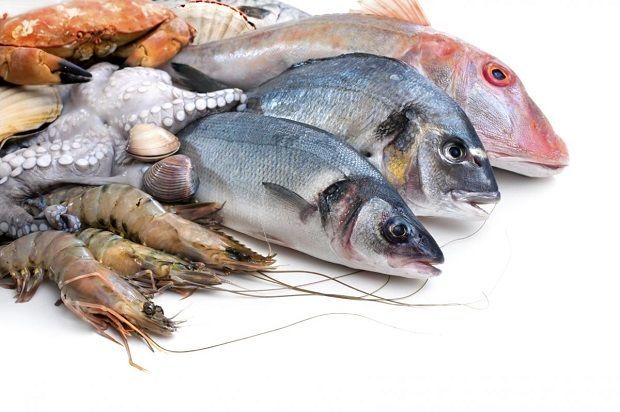
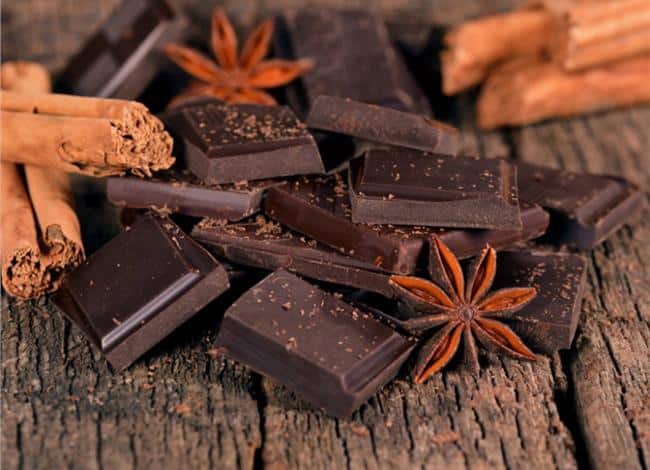

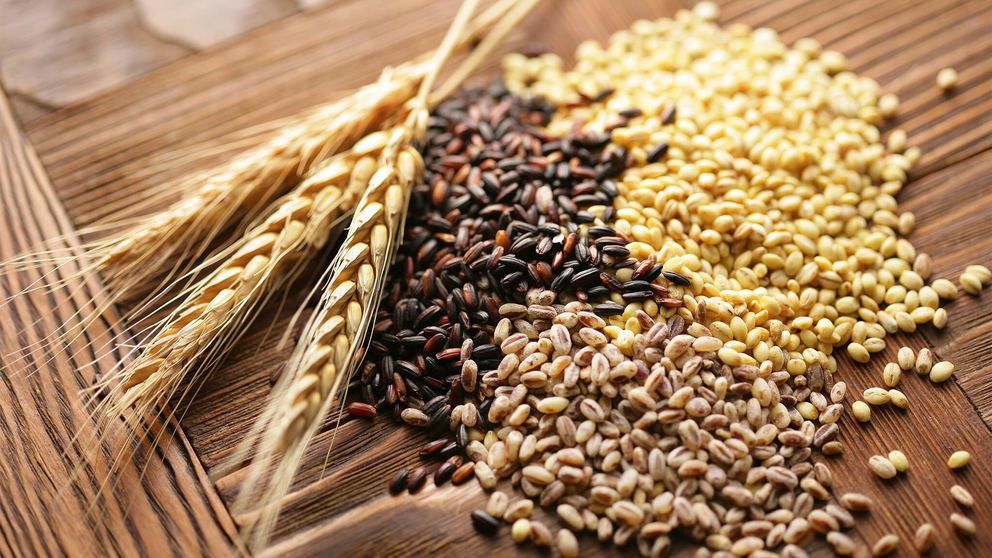




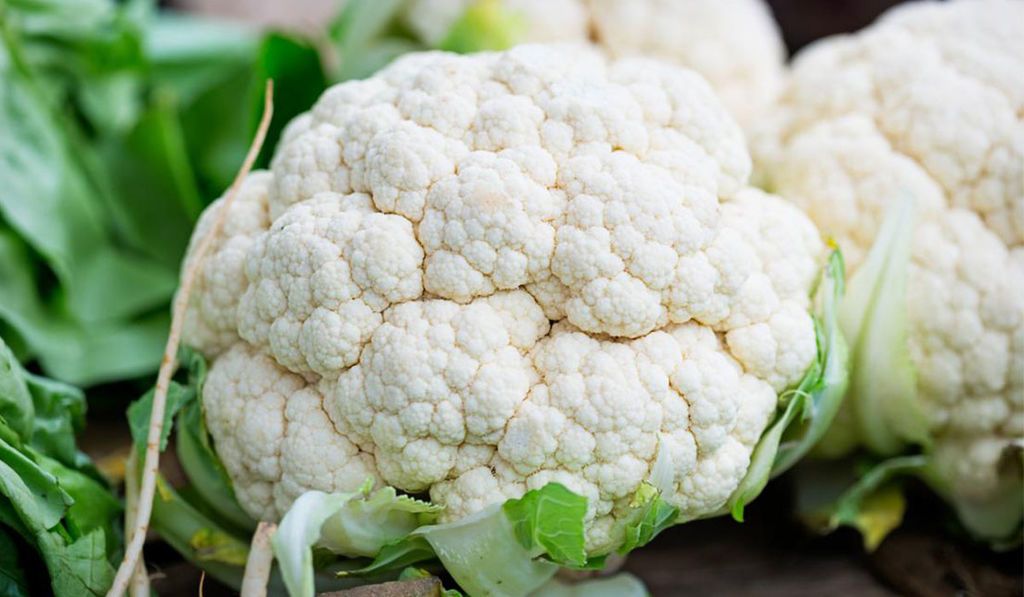
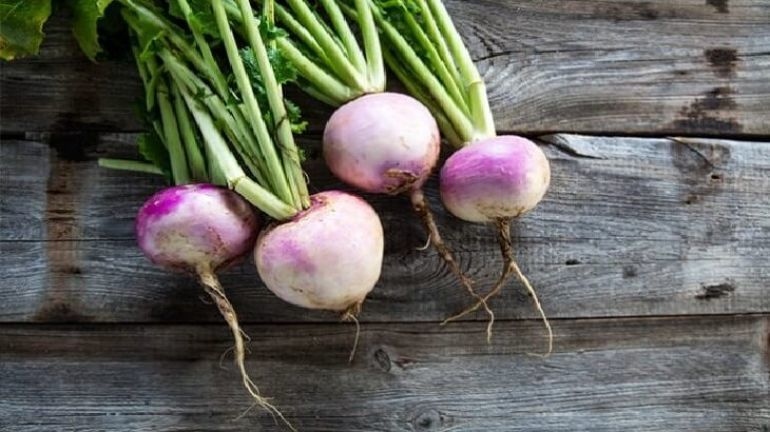
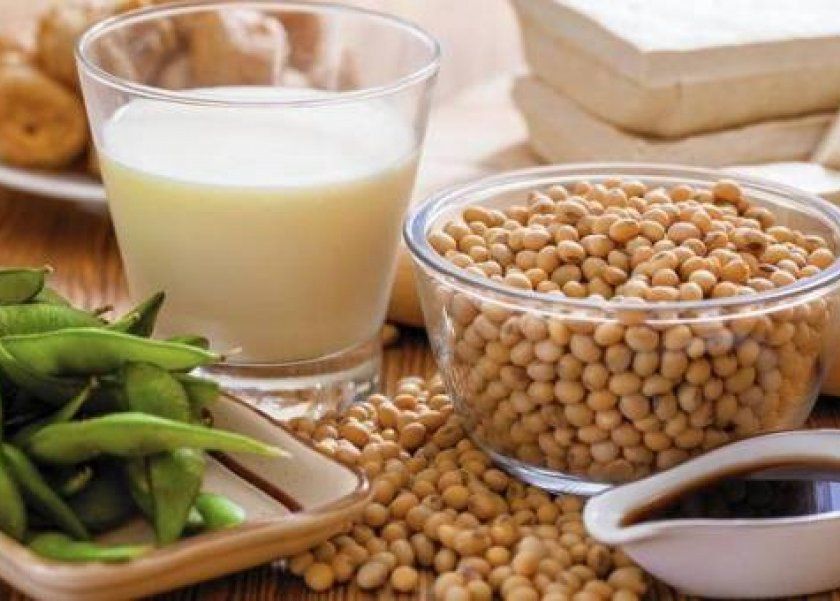
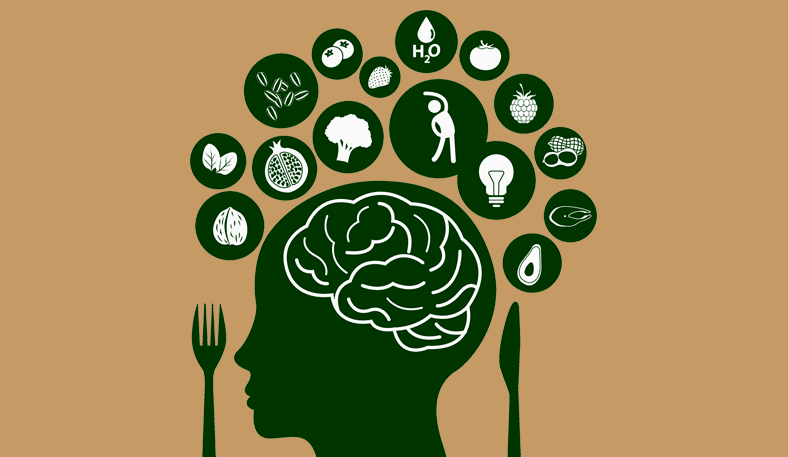
.png)






0 Comments